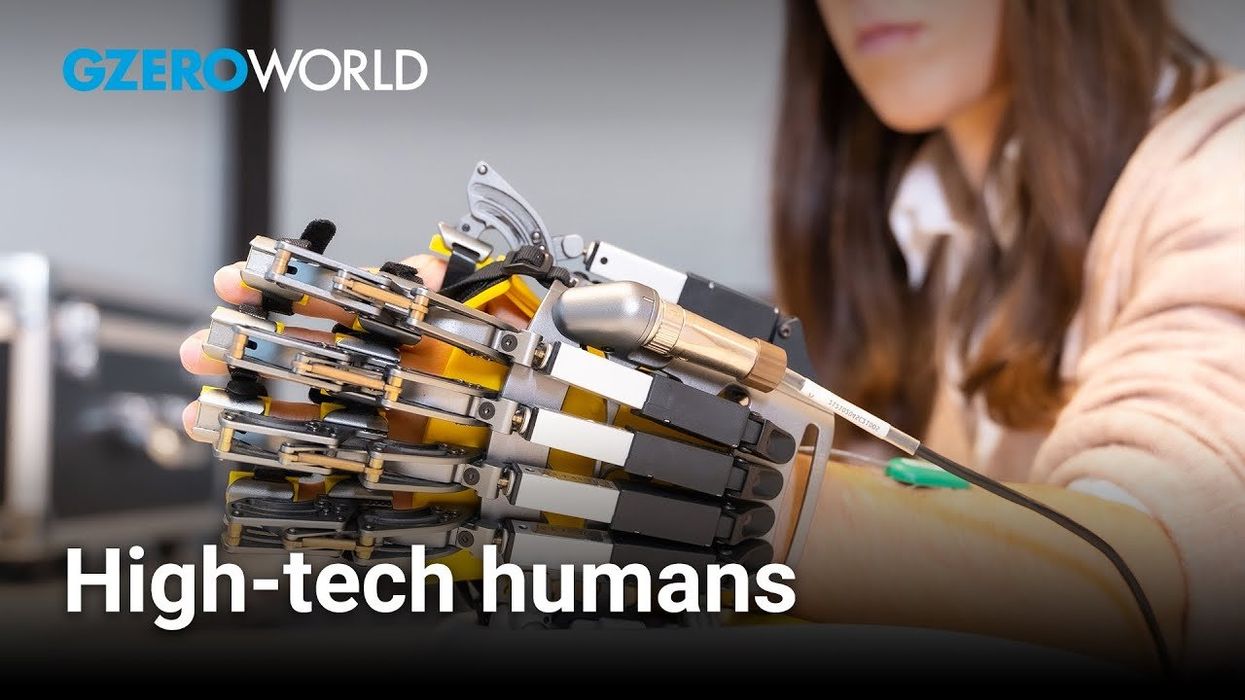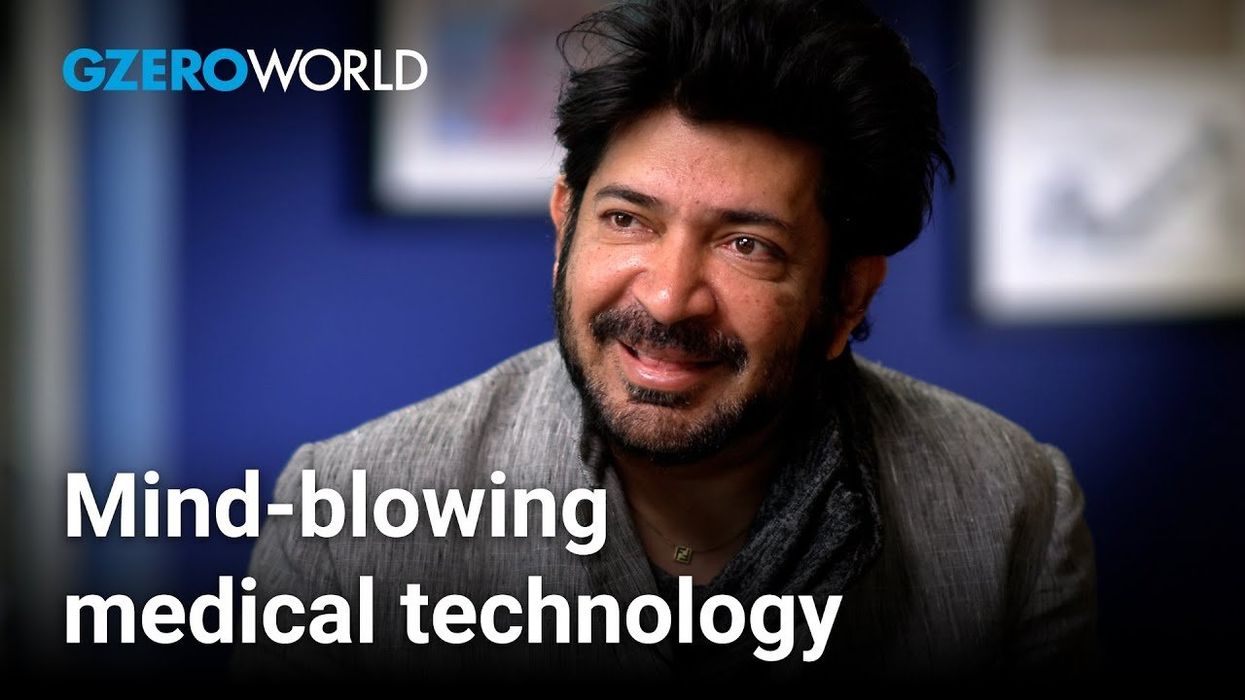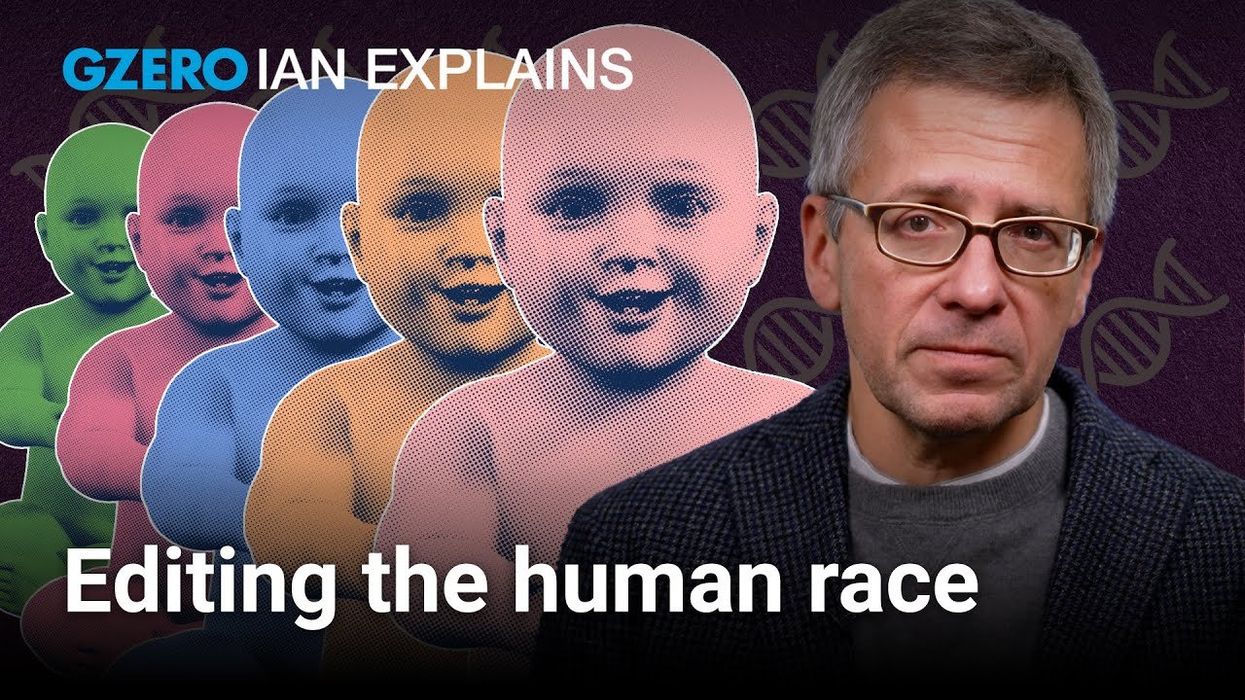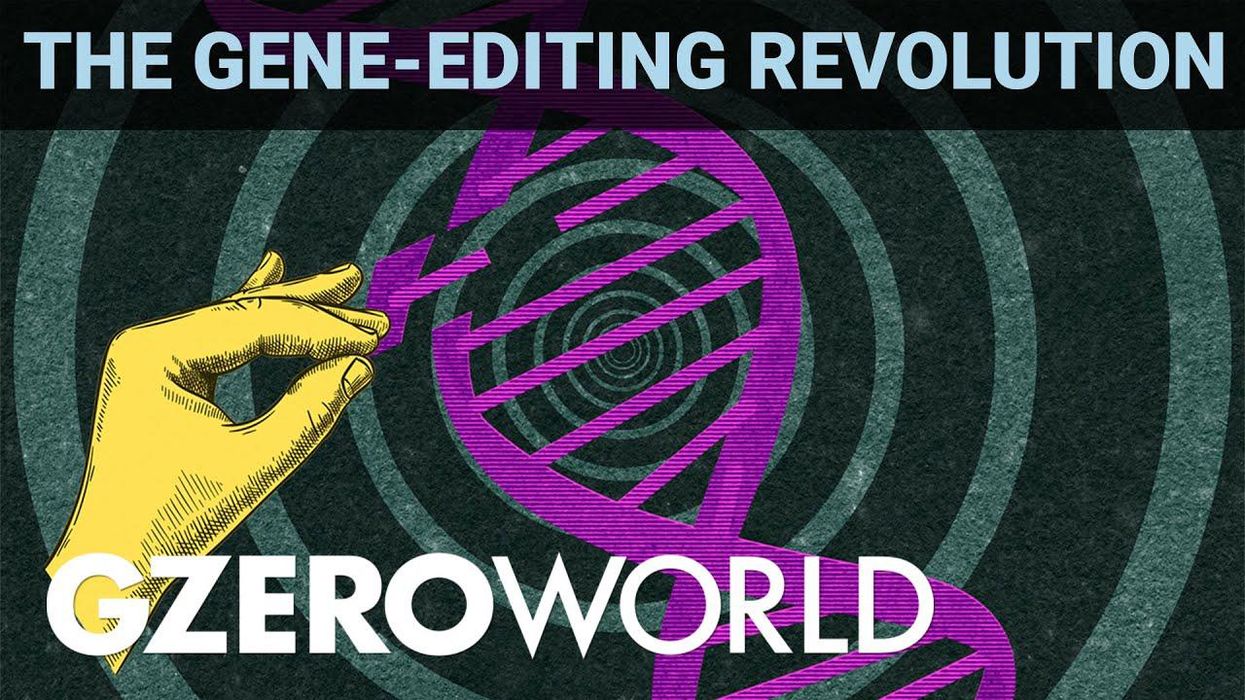GZERO World Clips
How medical technology will transform human life - Siddhartha Mukherjee
On GZERO World, Ian Bremmer and Siddhartha Mukherjee explore the many ways medical technology will transform our lives and help humans surpass physical and mental limitations.
Dec 07, 2023





